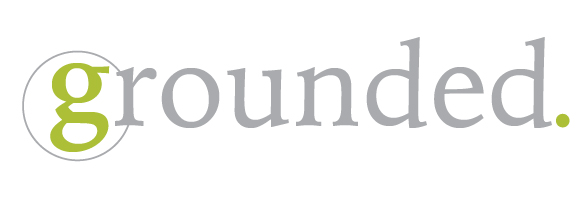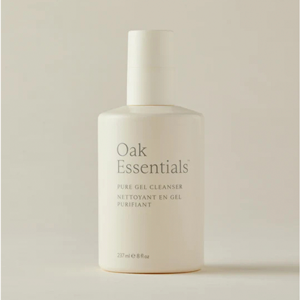Navigating the landscape of clean personal care products is tricky. Lack of regulation in the beauty industry has opened the door to "greenwashing,” where companies are intentionally using misleading packaging, marketing, and terms like "natural" and "clean" to falsely present their products as beneficial and non-toxic.
In an effort to help you make informed decisions and choose products that work, I’ve put together a vetted highlight list of my all time favorite clean skin and body products. Each one is effective, luxurious and meets the rigorous safety standards set by the Environmental Working Group.
You can catch the highlight list below and then head over here to see the full list of skin and body products I lean on each and everyday.
In my next newsletter, I’ll be sharing the non-toxic cosmetics that have made their way into my makeup bag. Until then, I hope this list inspires you and helps ease the transition to a “cleaner” routine.
Bath + Body
BEAUTY COUNTER
This body wash has a creamy texture that leaves skin clean and hydrated. Use with a body puff for lather and exfoliation.
OAK ESSENTIALS
I love all of these products, but you can pick and choose which ones you like. Smells fresh and herby. Sold as a bundle and separately.
BEAUTYCOUNTER
Because antiperspirants are applied often and on skin near breasts, some reports claim that the chemicals could be absorbed through your skin and cause estrogen-like hormonal effects. Using a non-toxic, fresh smelling deodorant like one from @beautycounter makes so much sense.
ALO
I love this nourishing body oil. I use it post shower on damp, warm skin for hydration and glow. I love the subtle scent.
Skin Care
DHC
This oil cleanser is perfect for removing makeup and sunscreen. Nourishes and hydrates the skin, while rinsing completely clean. No oily residue.
OAK ESSENTIALS
The perfect, non-stripping cleanser to use on it’s own or after the DCH Cleansing Oil.
OAK ESSENTIALS
Delicious smelling and elegant on the skin, the Ritual Oil and Balm work together to leave your skin dewy and glowy.
GOOP
All-in-one Nourishing Face Cream
I reach for this when I want a lighter, yet super-hydrating moisturizer. No sticky residue.
TRUE BOTANICALS
I love this luxurious, anti-aging moisturizer. It’s lightweight and extremely moisturizing. A little goes a long way.
OAK ESSENTIALS
Made with organic honey, this mask is so soothing and nourishing. Wash it off with a warm washcloth for a spa like experience that leaves skin feeling so soft and balmy.
SUMMER FRIDAYS
This mutli-taking mask is fragrance-free and helps nourish, hydrate and calm the skin. You can use it as a nightly mask, daytime moisturizer or while traveling for in-flight hydration.
TRUE BOTANICALS
Sun Barrier Sun Sheild, SPF 30
Sheer and hydrating with a subtle tint that gives skin a glowy look.
BIOSSANCE
Squalane and Rose Tinted Lip Balm
I love this fragrance-free lip balm. You can also apply it to cheekbones and eyebrows for a subtle sheen.
EVERYONE
This is EWG VERIFIED®, meaning that the product meets EWG’s strictest standards for health and safety. Smells clean and fresh. Perfect for the kitchen sink and bathrooms vanity. The Tangerine Vanilla smells great too.























